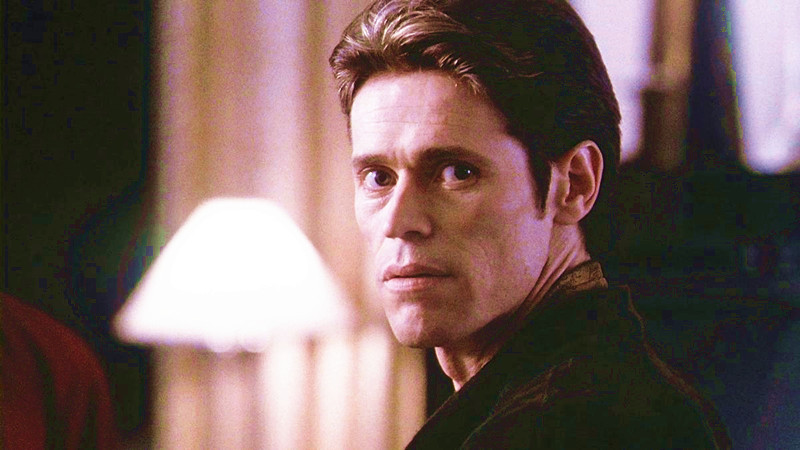
It’s hard to find a film where a critic of any kind is portrayed in a positive light. No matter if it’s a horror, drama or comedy, critics are often portrayed as some sort of villains who destroy the main character’s life. Maybe they could have made a narrative fictionalized version of “Life Itself” to change that, a wonderful documentary and a lovely tribute to Roger Ebert.
If you’re a movie fanatic or interested in film criticism, you more or less know why he was so popular and beloved. His reviews helped many young directors to become bigger names; he championed European and Asian arthouse cinema in the United States; and he was generous with his ratings because he wasn’t always high-brow, he understood that every kind of film can be special, regardless of genre and target audience. Speaking of his generosity with ratings, he didn’t shy away from giving four stars to whatever he truly liked. Here we’ll look at 10 of those great films that Roger loved and gave his highest rating, but yet we don’t hear about too often.
10. Last Summer (1969)
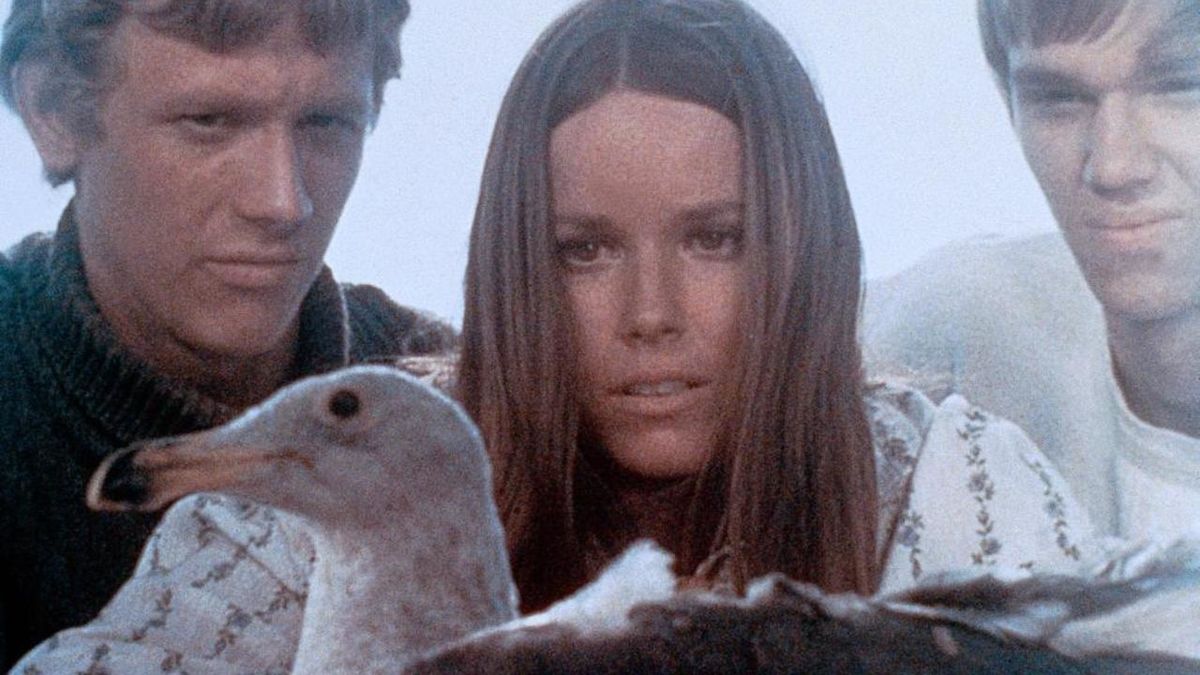
Two teenagers, Peter and Dan, spend their summer vacation on Fire Island. On the beach, the boys meet a girl named Sandy, who is tending to an injured seagull. They remove the bone from the bird’s neck. Peter, Dan and Sandy quickly become friends and spend quality time together. They go swimming, take a boat out to sea, smoke marijuana, and discover their awakening sexuality after a visit to the cinema.
It’s better to see this movie uncut to get the full effect, and it’s better to watch in the context of the year it was released to get a better sense of what this movie meant for its time and why Ebert was so impressed by it. The movie prefers to be nonjudgmental about its adolescent experiences. This provocative and melancholic film is also noted for great performances, especially from Catherine Burns, who got an Oscar nomination for her performance.
Ebert was full of praise for its portrayal of adolescence: “There are good movies about other people’s lives, but rarely a movie that recalls, if only for a scene or two, the sense and flavor of life the way you remember it.” But he believed that it’s a movie that doesn’t need to be talked about much if you haven’t seen it, because your experience seeing it for the first time can get diminished, but he dedicated the last paragraph to praising the performances. Since its release, we got films that were probably better at exploring sexual curiosity and its darker sides as well, but “Last Summer” remains an interesting film to watch and discuss.
9. Tex (1982)
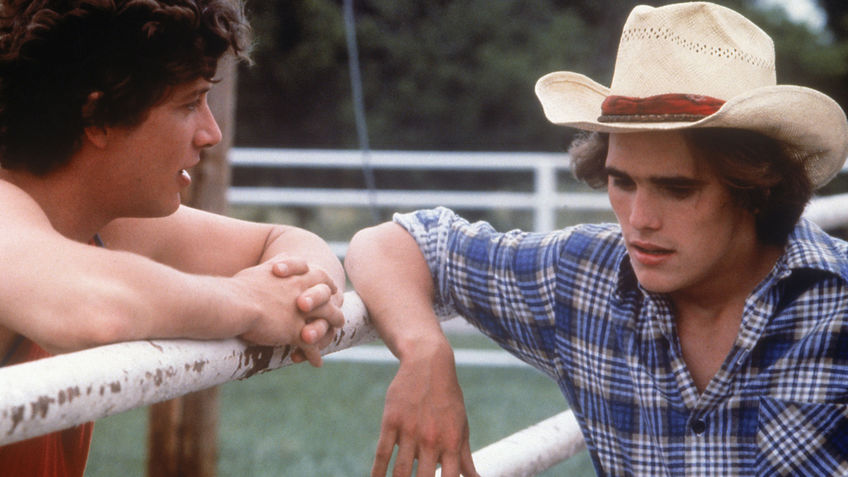
Francis Ford Coppola made two hits back to back based on S.E. Hinton novels – “The Outsiders” and “Rumble Fish” – but the star of those two films, Matt Dillon, already appeared in a successful but now mostly forgotten teen drama based on a Hinton novel. Dillon and Jim Metzler play brothers who struggle after their mother dies and their father walks out on them.
It’s not as dark as other Hinton adaptations, but surprisingly, despite being produced by Walt Disney Studios, they didn’t tone down the book that much. The dynamics between the lead characters are complex and interesting enough to keep you engaged; their problems, such as how they deal with their mother’s death, running out of money, and other things are portrayed with an honest and believable tone. The story is not set in a way that you’d predict where it will go easily.
While “Tex” doesn’t try to say something big or remarkable, it’s an affecting tale and told wonderfully. Ebert used to say it’s not what the film is about but how the film is about, so it’s no wonder he liked this one so much. He also praised the performances: “The movie is so accurately acted, especially by Jim Metzler as Mason and Matt Dillon as Tex, that we care more about the characters than about the plot.” And in the same review, he doesn’t forget to give a mention to Dillon’s feature film debut called “Over the Edge” (1979) which is another great film to check out if you haven’t yet.
8. Ruby in Paradise (1993)
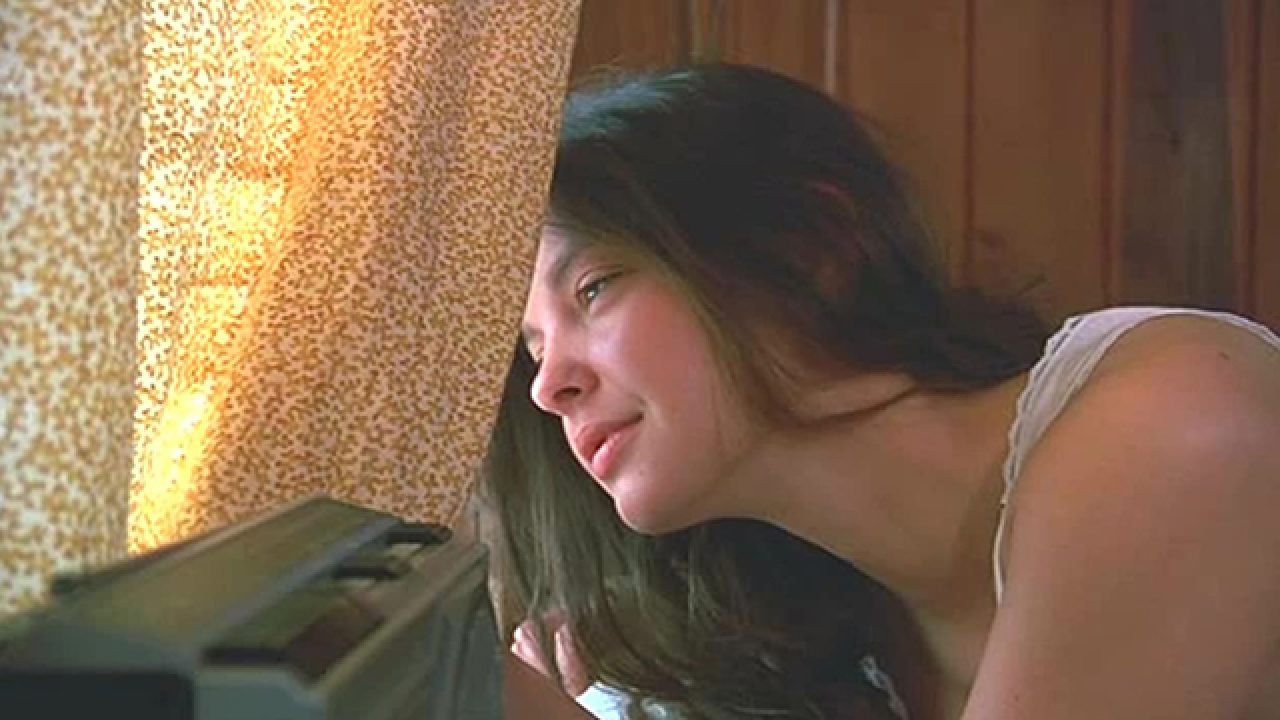
Ashley Judd was introduced to wider audiences for her roles in big studio films like “Kiss the Girls,” “Heat” and “A Time to Kill,” but her feature film debut was a beautiful, complex and touching film that was called “Ruby in Paradise,” which was hailed by critics and earned her many awards and accolades including the Best Actress award at the Independent Spirit awards. Judd’s usual strong work lies in independent films in general, such as “Bug” and “Come Early Morning,” but “Ruby” holds a totally special place.
The movie follows Ruby Lee Gissing, a young woman in her 20s and from Tennessee. She moves to a tourist town in Florida to start a new life and we get to witness it. It’s not necessary to talk about plot points as it’s more of a character study. Ebert was blown away by how “life-affirming” the film actually is and also applauded everything else about the film. He praised Judd for bringing “a simplicity and honesty to the performance that is almost startling in its power” and admired how we see “Ruby growing, learning, discovering things about herself” through the whole film. He admits that when you describe the movie like that, it may sound like a boring film set in an everyday world but indeed, the movie is about finding those details in our lives, about our own discoveries and our struggle to understand what makes us happy.
7. Map of the Human Heart (1992)
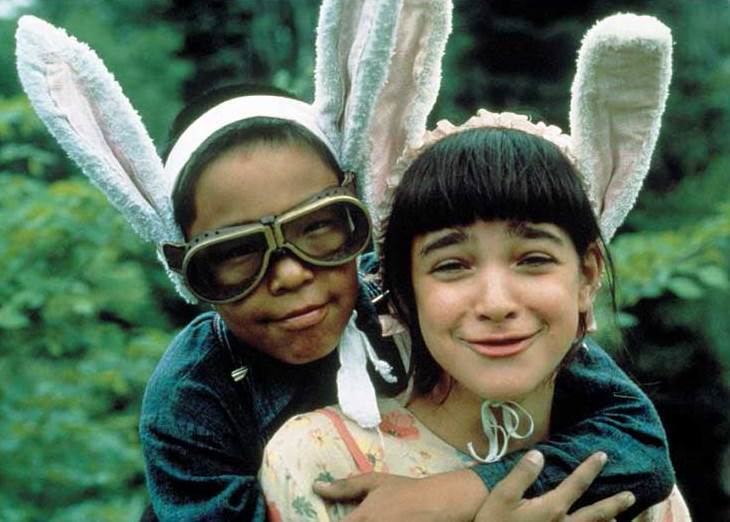
The arrival of an English cartographer changes the life of an Inuit boy in the Arctic ice. A young boy named Avik falls ill with tuberculosis; cartographer Walter brings him to Montreal where learns the language and also falls in love. We get to witness Avik’s childhood and also adult life through the film, but it’s not a film that only consists of plot details.
Just like the film above, “Map of the Human Heart” is another film that is not too easy to describe to give you a full sense of what kind of a movie it is. The film benefits from a poetic tone and wonderful chemistry between the leads, especially when they were little kids, and you get to see some heartbreaking moments through the movie, but it always remains beautiful and even unique to some degree. The gorgeous cinematography is a treat, but we also get to hear a lot of history lessons from colonialism to the lives of indigenous peoples.
Ebert describes the unpredictability and yet also the beauty of the film with the following words: “One of the best qualities of “Map of the Human Heart” was that I never quite knew where it was going. It is a love story, a war story, a lifetime story, but it manages to traverse all of that familiar terrain without doing the anticipated.” And he concludes that it’s one of the best films of its year.
6. Body Snatchers (1993)
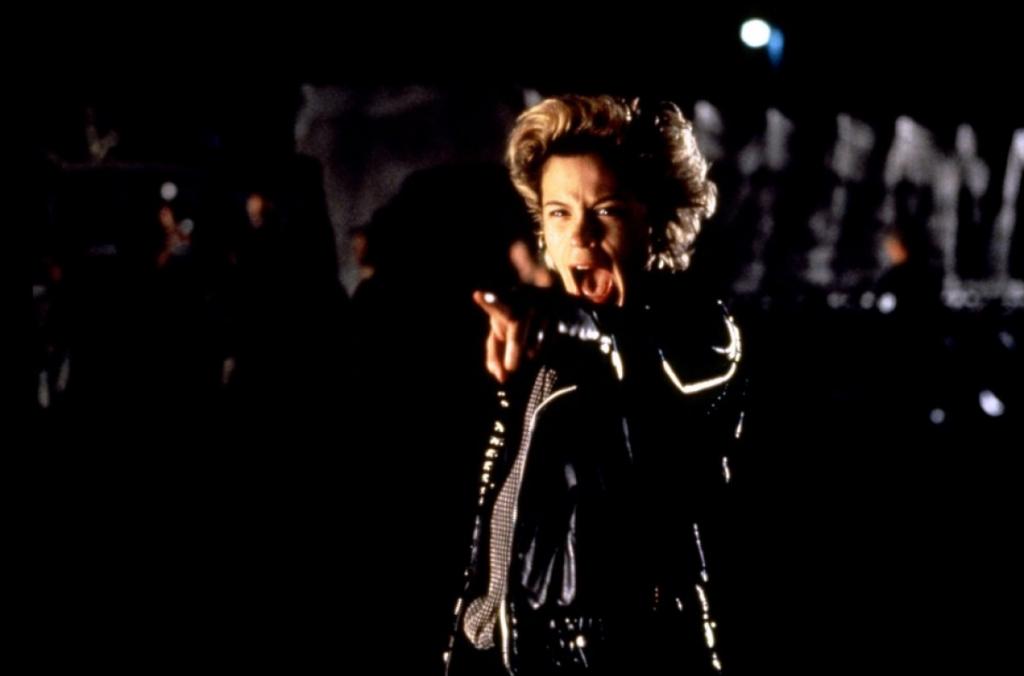
Ebert is no big fan of “King of New York” but he certainly loved “Bad Lieutenant” and also Ferrara’s first and only studio film effort, “Body Snatchers,” a film where his mark and signature is pretty obvious as usual, which means it’s not something that will appeal to many people, but Ebert saw the appeal of it. This is the third adaptation of this story; the first two films of “Invasion of the Body Snatchers” were both successful. In fact, they were among the most successful sci-fi horror films of their respective decades. Yet this version is great in its own way. It’s exactly how you imagine Ferrara would tackle such a subject and it works.
The plot is centered around the discovery that people working at a military base in Alabama are being replaced by perfect physical imitations grown from plantlike pods. Thanks to Ferrara’s direction, you don’t only get that paranoid effect but also the movie feels more sinister than previous adaptations. Some said the movie is a warning against rising fascism, while Ebert thought it might be connected with the fear of AIDS. “Most important, for a horror film, there are scenes of genuine terror.” He says and adds that: “Certainly “Body Snatchers” is not the kind of movie that wins festivals: It is a hard-boiled entry in a disreputable genre. But as sheer moviemaking, it is skilled and knowing, and deserves the highest praise you can give a horror film: It works.” Indeed.